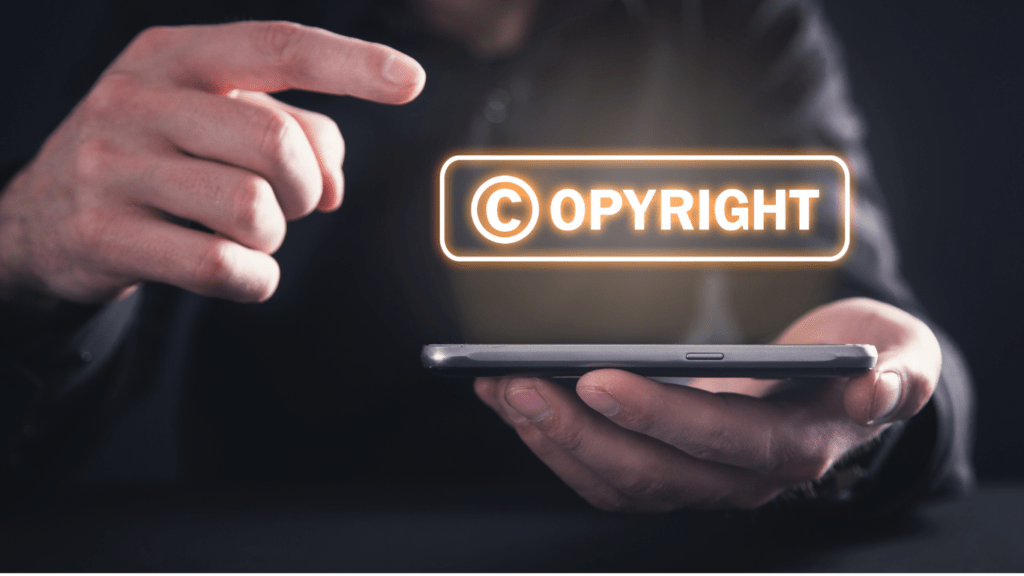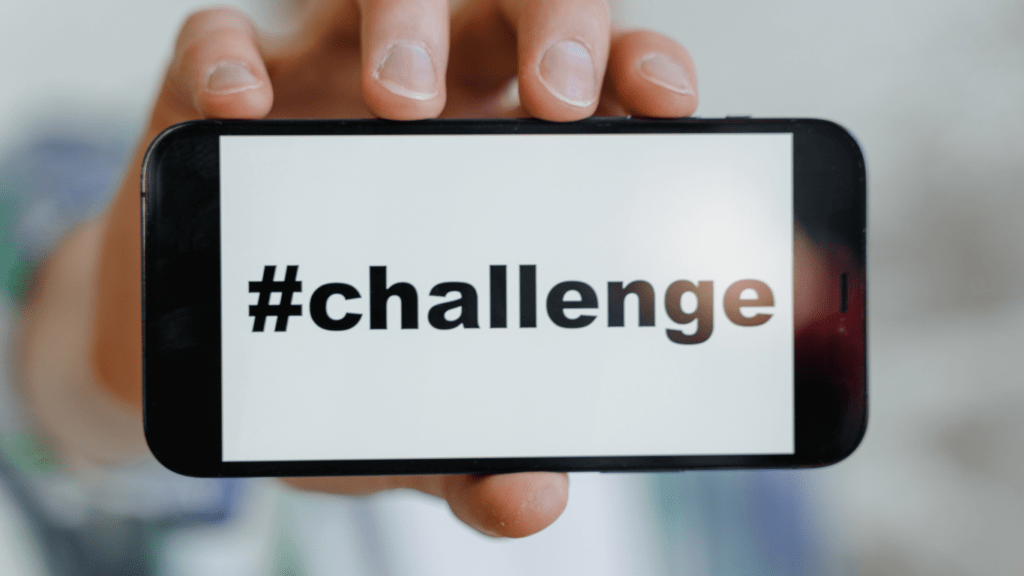Memes have become the heartbeat of internet culture, spreading like wildfire across social platforms and shaping how we communicate online. But behind every viral image or witty caption lies a complex question—who actually owns these pieces of humor? As memes evolve from simple jokes to cultural phenomena, the lines of copyright and ownership get blurrier than ever.
The Rise Of Memes: A Cultural Phenomenon
Memes have transformed into a defining feature of online culture. Emerging in the mid-2000s with platforms like 4chan and Reddit, they quickly became a primary mode of digital expression. By 2023, memes span from simple image macros like “Success Kid” to complex multimedia trends such as TikTok challenges.
Their appeal lies in their adaptability to various contexts. Formats like “Doge” or “Distracted Boyfriend” highlight how users personalize memes while connecting to shared experiences. This flexibility has elevated memes beyond humor, embedding them in political campaigns, marketing strategies, and social movements.
Globalization fueled this phenomenon as platforms like Twitter and Instagram enabled instant sharing. Viral memes like “Harlem Shake” illustrate how cultural participation grows across borders. However, this widespread reach amplifies the complexity of ownership and copyright, given the collaborative nature of meme creation and remixing.
The Legal Landscape Of Meme Copyright

Meme copyright raises questions about intellectual property laws in the digital age. The legal framework remains unclear as internet culture thrives on sharing and remixing.
Understanding Copyright Laws
Copyright laws protect original works, including images, text, and videos, under intellectual property rights. In the United States, the Copyright Act of 1976 ensures creators’ rights to reproduce, distribute, or display their work. Memes often originate from pre-existing copyrighted materials, such as movie stills or stock photos, making their legality complex. For example, the famous “Distracted Boyfriend” meme derives from a royalty-free stock photo but is altered and widely shared online.
Fair use exceptions allow limited use of copyrighted material without permission. Factors include:
- purpose
- nature
- amount used
- market impact
Courts often assess whether a meme adds transformative value, such as commentary or satire, to determine fair use applicability. However, these judgments vary case by case, making meme copyright disputes challenging.
Original Creators Vs. Remix Culture
- Tensions arise between original creators and internet users due to remix culture.
- Original creators retain copyright but often lose control once their content becomes viral.
- Viral memes, such as “Success Kid” or “Pepe the Frog,” are widely modified, raising ownership disputes.
- If users modify memes significantly, creators might struggle to claim infringement.
- Internet culture, driven by platforms like TikTok and Twitter, encourages collaborative remixing of memes.
- This behavior blurs the line between creator and participant, complicating ownership.
- In cases like “Pepe the Frog,” its creator, Matt Furie, fought to reclaim the meme from unauthorized use in controversial contexts, highlighting challenges faced by artists in remix-driven ecosystems.
Key Cases And Controversies
Legal battles over memes highlight the complexities of copyright and ownership in the digital age. These disputes reveal the tension between creative freedom and intellectual property rights, especially as memes spread and evolve rapidly.
Famous Meme Copyright Disputes
The “Success Kid” meme sparked a notable copyright debate. Photographer Laney Griner, who captured the original photo of her son, successfully enforced her rights against unauthorized commercial use. By licensing the image properly, Griner showcased how creators can balance viral fame with legal protection.
The use of “Pepe the Frog” offers a contrasting example. Creator Matt Furie initially embraced Pepe’s use in memes but took legal action after the character was co-opted into hate speech. Furie won several cases, removing unauthorized uses, while also showing how loss of cultural control can harm a creator’s original intent.
Other controversies include the use of the “Distracted Boyfriend” meme in advertisements. Photographer Antonio Guillem asserted his copyright, pressing companies to pay licensing fees. These disputes underscore the legal gray areas surrounding memes created from copyrighted materials.
Implications For Creators And Platforms
For creators, meme copyright cases emphasize the importance of protecting intellectual property while navigating remix culture. Clear licensing agreements, like those seen with “Success Kid,” can help creators monetize their work. However, viral memes often lose legal and cultural control, leading to disputes when used inappropriately.
Platforms face increasing pressure to moderate meme usage amid copyright concerns. Social media companies often rely on safe harbor provisions of the Digital Millennium Copyright Act (DMCA) to escape liability, but widespread sharing complicates enforcement. Reddit and Instagram, for instance, have faced challenges balancing user creativity with intellectual property protection.
These cases highlight how copyright law struggles to keep up with evolving digital content, requiring platforms and creators to adapt to the nuances of online culture.
The Ethical Debate Around Meme Ownership
Meme ownership raises ethical questions about individual rights and collective creativity. While memes thrive on viral sharing, their origins spark debates over credit and control.
Balancing Creativity And Legal Boundaries
Creators often face the dilemma of granting freedom for remixing their work while retaining rightful attribution. Original meme creators see their work distributed worldwide, often losing all recognition when remixed or altered. For example, memes like “Distracted Boyfriend” gained popularity, yet the photographer behind it, Antonio Guillem, struggled to manage its usage. Creators desire acknowledgment, but overly restrictive claims risk hindering creativity and stifling the communal humor that drives meme culture.
Maintaining ethical boundaries requires collaboration between creators and communities. Transparent licenses, such as Creative Commons, offer ways for creators to allow certain uses while protecting ownership. Platforms might also implement tools that credit the original creator even when memes are remixed, helping balance legal rights with cultural expression.
The Role Of Fair Use In Meme Sharing
Fair use protections allow users to engage with existing content, fostering the remix culture central to memes. Courts assess whether the meme transforms the original work and adds significant new meaning or value. For instance, a meme using an iconic movie scene might qualify as fair use if it provides comedic commentary, rather than merely replicating the original content.
Ethically, users share a responsibility to exercise fair use without exploiting creators’ labor or intent. Meme popularity often overshadows the value of the source material, leaving creators unrewarded. Platforms and users that respect fair use boundaries ensure creative exchanges without infringing on intellectual property rights.




